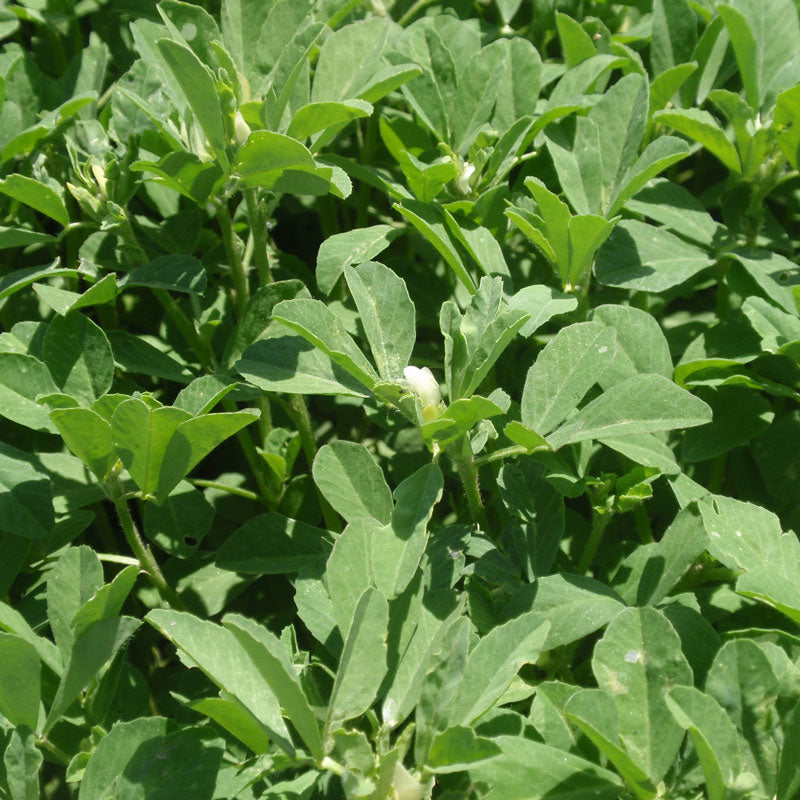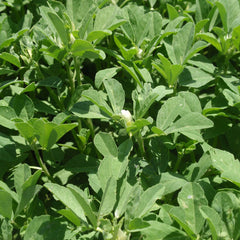

Fenugreek (Trigonella foenum-graecum)
- $14.00 CAD
- $14.00 CAD
- Unit price
- per
50g, 100g, 250g
Couldn't load pickup availability
Parts used: Seeds
Properties
Alternative, anti-catarrhal, anti-inflammatory, antiseptic, aphrodisiac, astringent, bitter, demulcent, emollient, expectorant, febrifuge, galactagogue, mucilant, vulnerary
Primary nutrients
Choline, iron, lecithin, minerals, protein, vitamins A, B1, B2, B3 and D
Fenugreek is one of the oldest herbal remedies and was thought of as one of the most effective medicinal herbs.
Fenugreek has a reputation of being able to dissolve hardened masses of accumulated mucus in the body. It helps rid the lungs of mucus and the bronchial tubes of phlegm. Fenugreek combined with lemon juice and honey can help soothe the throat and reduce fever. It also helps expel waste through the lymphatic system. Fenugreek is known to contain antiseptic properties that help kill infections in the lungs. It is also recommended for treating an inflamed gastrointestinal system. Fenugreek contains 30 percent mucilage that may be used as a poultice on wounds, inflammations, boils and skin ailments.
Fenugreek helps reduce mucus in cases of asthma and sinus and bronchial congestion. There is evidence of anti-inflammatory activity and this may explain why some individuals with arthritis have been helped with fenugreek.
Primary Applications
Allergies
Appetite, loss of
Catarrh, bronchial
Cholesterol, high
Diabetic retinopathy
Gas
Gastric disorders
Lung infections
Mucus, excessive
Throat, sore
Secondary Applications
Abscesses
Anemia
Asthma
Body odor
Boils
Bronchitis
Cancer
Eyes, swollen
Fevers
Gallbladder problems
Heartburn
Inflammation
Sinus problems
Ulcers
Uterine problems
Water retention
50g, 100g, 250g
RELATED PRODUCTS
- Choosing a selection results in a full page refresh.


